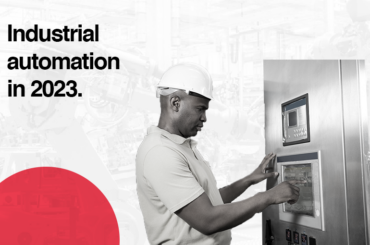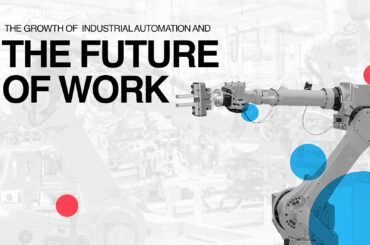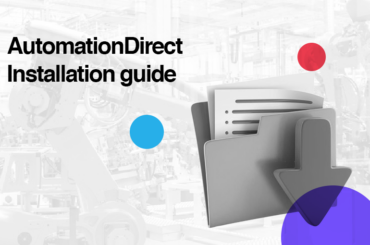Automation engineering is centered on the design, creation, development, management, and optimization of automated systems.
These systems are frequently used in the automotive and industrial sectors, where machinery and equipment are used to manufacture finished goods. Automation engineers work to automate and streamline processes to make production systems as reliable and successful as possible.
Automation engineers are critical in streamlining production processes. Automation engineers have the ability to reduce operating costs while increasing performance because they are in charge of developing and maintaining the automated technology that manages these processes.

Automation engineering provides a wide variety of possibilities for engineers, from oil and gas to food production, pharmaceuticals and medical equipment to automotive manufacturing, and all in between. This makes it a great career to pursue because it opens the door to many prospective employers, including some of the world’s largest organizations.
Automation for small companies is also likely to be on the horizon. This suggests that automation engineers may apply their expertise in radically different contexts, possibly assisting small businesses in reaping the benefits of automated systems and processes as well. As a result, as technology spreads to smaller companies, the market for automation engineers is expected to grow in the coming years.
Automation is critical for any manufacturing company as a skill set because it enables these businesses to scale and expand without sacrificing quality.
An Automation Engineer’s Day-to-Day Tasks
The ultimate target for these engineers is straightforward: how can automation enhance the current manufacturing process? That is the primary focus of automation engineering. However, a lot goes into ensuring that it has a positive effect on an organization.
Coming up with hypotheses and concepts, then checking them to see how they function, would play a major role in the overall duties and tasks.
This type of engineer would almost certainly need to cooperate closely with others to ensure that any areas defined for automation follow quality standards as well as health and safety metrics. This means that the original innovative solution may require a lot of detailed attention and nurturing before it can become a part of the main manufacturing process.
An Automation Engineer’s Essential Skills and Qualities
Automation engineers typically need to have a bachelor’s degree in engineering.
The skills and experience needed for an automation engineering job will vary depending on the position. There may be entry-level positions available, as well as jobs that require a certain level of engineering experience.
Some of the skills and experience that are likely to be needed for automation engineering include Problem Solving, Analytics, Creativity, Tech-Savvy.





